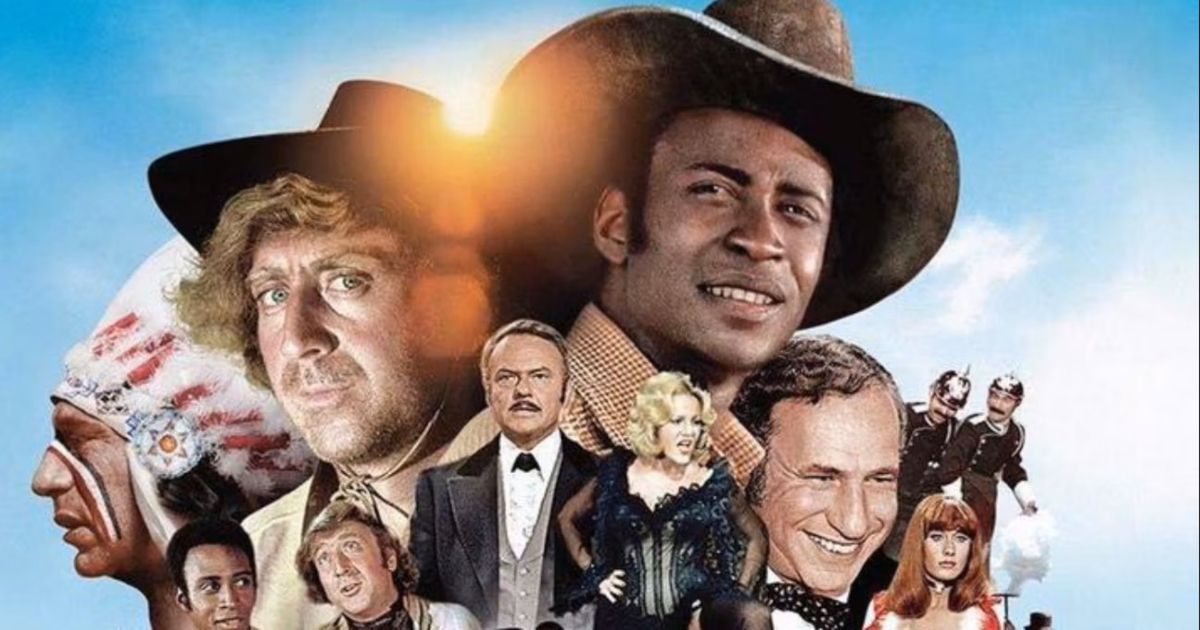Whether life is worth living or not is up to each person to decide, but one thing’s for certain — it’s not always a rainbow ride through Sunshine City. Life is extremely difficult, and no one gets out alive. There’s a wide range of philosophies and faiths that people adopt in order to survive, but one thing is universally helpful: laughter. From the chuckling Dalai Llama to great Jewish humor, comedy has been humanity’s solace from the storms of suffering from the beginning of time, when one Homo troglodyte presumably slipped and fell, prompting some primitive punk to point and laugh.
Humor has been a constant throughout history, but it may have found the perfect medium in cinema (and later television). The combination of acting, dialogue, music, visuals, and especially montage has resulted in the most manipulative art form ever, which is great for comedians, as laughter is essentially birthed from manipulation. From the earliest silent films to the recent Everything Everywhere All at Once, movies have been making people laugh for more than a century in different ways, and these are some of the best.
A word of warning, though. Comedy, like everything, is subjective. No one list can account for the myriad magical movies which make us laugh. To narrow things down, we’ve avoided more explicit genre mash-ups (Ghostbusters, Shaun of the Dead, Beverly Hills Cop) and have limited ourselves to one film from certain directors (even if Charlie Chaplin, Mel Brooks, and others have made numerous films which could ostensibly be included here).
We’re also narrowing it down to American films (sorry, Monty Python and the Holy Grail), and trying to focus on movies that truly make us laugh, even if some more thoughtful or brilliant comedies only provide some chuckles in addition to their great philosophical themes or important contributions to cinema (Dr. Strangelove, Groundhog Day, Hollywood Shuffle, everything the great Christopher Guest has done). Even with all that, there will still be omissions that invite complaints. Rather than lament everything that’s missing, however, let’s focus on what’s included in this list of some of the best American comedy movies of all time.
12 His Girl Friday
Cary Grant was one of the great performers of classic screwball comedies, and many of his films could be included here (such as Arsenic and Old Lace or Bringing Up Baby). However, it’s Howard Hawks’ 1940 masterpiece His Girl Friday which might have some of his best work, largely thanks to Hawks and his amazing scene partner, Rosalind Russell. His Girl Friday was revolutionary for its dialogue, banter that was like the witty ricochet of a speeding bullet, darting around the walls of the film with frantic abandon. The film could’ve been twice its length if it slowed down a bit, but that would defeat the purpose.
The dialogue here is entrancing, teaching you how to hear it as you watch the film, but demanding that you see it again just to pick everything up. The story of a divorced pair of newspaper reporters entangled in a murder case while the man tries to win back his ex-wife is still funny and clever 82 years later.
11 Bridesmaids
The film which kick-started the extremely dumb conversation about ‘if women are funny‘ (with countless commentators apparently ignoring Lucille Ball, Mary Tyler Moore, Gilda Radner, and countless others), Bridesmaids was a long overdue mainstream showcase for some very funny women. Co-written by Kristen Wiig and Amy Mumulo and directed by the great modern comedy filmmaker Paul Feig, the film featured Wiig as a mildly depressed woman who is asked to be the maid of honor for her close friend (played by Maya Rudolph).
With an astounding ensemble cast featuring Rose Byrne, Ellie Kemper, Chris O’Dowd, Jon Hamm, Rebel Wilson, Matt Lucas, Tim Heidecker, Terry Crews, and of course Melissa McCarthy in an Oscar-nominated, star-making role, Bridesmaids is laugh-out-loud funny while ultimately finding truly heartfelt emotion and connection by its saccharine ending. The film would spawn a veritable subgenre of ‘girls behaving badly’ movies with somewhat diminishing returns. It may not be universally loved, but for many people, it’s downright sidesplitting.
10 The Bank Dick
The Three Stooges, the Marx Brothers, Charlie Chaplin, Buster Keaton, and Abbott and Costello all deservedly get acclaim, but for some reason people have stopped remembering W.C. Fields when it comes to classic comedy. That’s a shame, because in a relatively short time period, the big-red-nosed comedian created some of the funniest little movies of the pre-WW2 era. Frequently developing and writing his own films (under ridiculous pseudonyms like Mahatma Kane Jeeves and Otis Criblecoblis), Fields was simply made for comedy, what with his instantly memorable face, talent for slapstick, and iconic nasal drawl.
Fields’ heavy drinking led to serious illness and a hesitancy for studios to work with him, but after the success of some radio programs, he made a triumphant return to cinemas with a series of comedy masterpieces right before his death — You Can’t Cheat an Honest Man, My Little Chickadee, The Bank Dick, and Never Give a Sucker an Even Break. All of these could be considered here, but The Bank Dick is probably his greatest achievement, because of the timeless comedy routines, the surprising honesty of his performance, and his complete creative control. Fields plays a chain-smoking alcoholic, ostracized and despised by his family, who is a jerk and stays a jerk, despite being repeatedly confused for a hero due to mere happenstance. It’s hilarious, and refreshingly amoral.
9 Airplane!
The first great parody movie, Airplane! from 1980 elevates silliness into true art. The filmmaking trio of Zucker, Abrahams, and Zucker practically invented the genre with Kentucky Fried Movie and continued it throughout hilarious films like The Naked Gun and Hot Shots, but Airplane! is probably their most important and funniest film. Taking a cue from the many ’70s disaster movies of the time (such as The Towering Inferno and Airport), Airplane! follows the passengers and crew of a plane suffering from food poisoning.
Honestly, the plot doesn’t matter at all. Like many of their films, the narrative of Airplane! is simply an excuse to jam as many jokes into the frame as possible, and their hit-to-miss ratio is exceptionally high this time. The film was a surprisingly huge hit, taking its meager $3.5 million budget and grossing $171 million, and remains endlessly quotable to this day.
8 Coming to America
Again, Eddie Murphy and director John Landis could each have several films on this list, but Coming to America may be the best pure comedy film either have made, though there is stiff competition (The Blues Brothers, Trading Places, Animal House). There are also countless comedies led by a Black cast that could fit the bill (Friday, Barbershop, Dear White People), but they arguably owe their success to Coming to America.
Eddie Murphy plays an African prince who runs away from an arranged marriage and into America, where he might find a queen on his own. With a wonderful supporting cast (including James Earl Jones, Shari Headley, John Amos, Samuel L. Jackson, Cuba Gooding Jr., and a hilarious Arsenio Hall), Coming to America is a truly delightful fish-out-of-water story that never gets old.
7 Superbad
A movie which helped launched an onslaught of one-last-adventure buddy comedies, Superbad leads the pack thanks to the talents of a truly wonderful group of actors and filmmakers (Jonah Hill, Michael Cera, Seth Rogen, Bill Hader, Emma Stone, Dave Franco, Evan Goldberg, Christopher Mintz-Plasse, Greg Mottola, Judd Apatow — the film is a true treasure trove of comedic talent).
Everything fits right into place, with a perfect hang-out vibe throughout the film that’s warmly invitational. The story of Seth and Evan’s final high school days is relentlessly hilarious, with excellent line readings, outrageous scenarios, and witty improvisation all fitting together to create a well-oiled comedy machine that just keeps trucking.
6 Caddyshack
One of the great ‘kitchen sink’ comedies, Caddyshack simply sets up a loose premise (a golf tournament) and then lets its incredible talent do the heavy lifting. Featuring Chevy Chase, Bill Murray and Rodney Dangerfield, the movie is a perfect time capsule of 1980 and its sex comedies and rebellious attitudes. Again, these actors and the film’s great director (Harold Ramis) have made other masterpieces, but Caddyshack seems to exist at the best intersection of all their diverse talents. From one memorable sequence to the next, the film refuses to pause, each laugh building atop the other to a perfect comedy crescendo.
5 The Great Dictator
Dark comedy has been around forever, with the genre in the 1960s really finding its footing, but Charlie Chaplin frolicking around as Adolf Hitler has to be one of the best early cinematic manifestations of it. The 1940 film The Great Dictator mercilessly attacked the fascist Nazi with Chaplin’s comedy more than a year before America entered World War 2. Writing, directing, starring, producing, and even scoring the film, Chaplin portrayed Hitler as a megalomaniacal fool, while simultaneously playing the role of a Jewish barber that Hitler would likely send to the gas chambers.
Yes, it’s a morbid theme, and even Chaplin himself wrote in his autobiography that he probably wouldn’t have made his film if he knew about the atrocities that were actually being committed. But isn’t that the power of political comedy? To tear down authority, exposing powerful people as the awful idiots they really are, stripping them of respect in the process? That’s certainly what Chaplin did in The Great Dictator, and while The Gold Rush, Modern Times, and The Circus are all very funny films, this one may be his most important.
4 Duck Soup
When Woody Allen’s character accidentally fails to kill himself in the movie Hannah and Her Sisters, he wanders the streets of New York, eventually wandering into a movie theater and watching the classic Marx Brothers film Duck Soup. After searching for meaning and faith to no avail and giving up on laugh, his character sees Groucho, Harpo, and Chico farcically dance around, and he suddenly doesn’t want to die. That’s the power that the Marx Brothers’ films can have, including Monkey Business and A Night at the Opera, but Duck Soup takes the cake as an absurdist fantasy about a silly, acerbic man who becomes a dictator but couldn’t care less.
The pure anarchy and borderline nihilism of the 1933 film, with all its gleeful destruction, and especially Groucho’s hilarious Rufus T. Firefly character, would go on to inspire Bugs Bunny and a plethora of comedy films. After watching the film, Allen’s character in Hannah and Her Sisters says this:
What if the worst is true? What if there’s no God and you only go around once and that’s it? Well, you know, don’t you wanna be part of the experience? You know, what the hell, it’s not all a drag. And I’m thinking to myself, Jeez, I should stop ruining my life searching for answers I’m never gonna get, and just enjoy it while it lasts.
3 The Big Lebowski
The best Coen brothers’ comedy movie is also one of the best of all time, the deliriously surreal film The Big Lebowski. Developing an immense following as a ’90s cult classic, the film moves from one iconic set piece to another as The Dude and his bowling crew get wrapped up in a film noir-style mistaken identity case.
Featuring Jeff Bridges and John Goodman at their absolute best (along with a hilariously pathetic Steve Buscemi and a bizarrely sublime Julianne Moore), The Big Lebowski is frequently hilarious, artistically constructed, and intellectually thoughtful. The film may be about many things (Vietnam, the American Dream, the importance of art, Buddhism and bowling), but whatever it’s actually saying, the result is deeply funny.
2 It Happened One Night
Essentially creating the template for most romantic comedies for the next century, the 1934 masterpiece It Happened One Night is one of only three films to win all five major Academy Awards (Best Actor, Best Actress, Best Director, Best Screenplay, Best Picture). Vastly ahead of its time, the Frank Capra classic stars Clark Gable and Claudette Colbert as a mismatched pair who travel across the country in perhaps the first great road movie. He’s an unemployed reporter who agrees to help her escape her rich father and reunite with her lover so long as he gets the scoop.
From the infamous hitchhiking scene to the great ‘wall of Jericho’ moment, It Happened One Night is endlessly funny, hopelessly romantic, and eternally influential, using its status as one of the last pre-Code films to push boundaries and be riotously innovative. You know it’s a great film if Steven Spielberg paid $600 thousand for Gable’s Oscar statuette (which he then donated to the Motion Picture Academy for history).
1 Blazing Saddles
Mel Brooks has tackled many genres, making perfect parodies of Hitchcock (High Anxiety), horror (Young Frankenstein), sci-fi (Spaceballs), historical epics (History of the World, Part I), and silent movies (Silent Movie…), but it makes sense that his satire of western cinema might be the best American comedy movie of all time. After all, the great western genre is quintessentially American, and by parodying it, Brooks could hilariously critique a variety of American institutions — violence, racism, policing, and cinema itself.
Co-written with the great Richard Pryor (alongside Norman Steinberg and Andrew Bergman), the masterful Blazing Saddles follows the exploits of a newly-appointed Black sheriff (installed by a scumbag attorney general hoping to profit off a new railroad) who does a much better job than everyone expected. Like Brooks’ brilliant comedy The Producers, Blazing Saddles explores the relationship between failure and profit, using the theme to celebrate the socially outcast and condemn the elitists, racists, and wealthy who control everything. With wonderful performances from Cleavon Little, Gene Wilder, Slim Pickens, Madeline Kahn, and Brooks himself, the film anarchically deconstructs the nature of moviemaking itself, ultimately transferring the idiom that nothing is sacred in comedy to cinema itself.
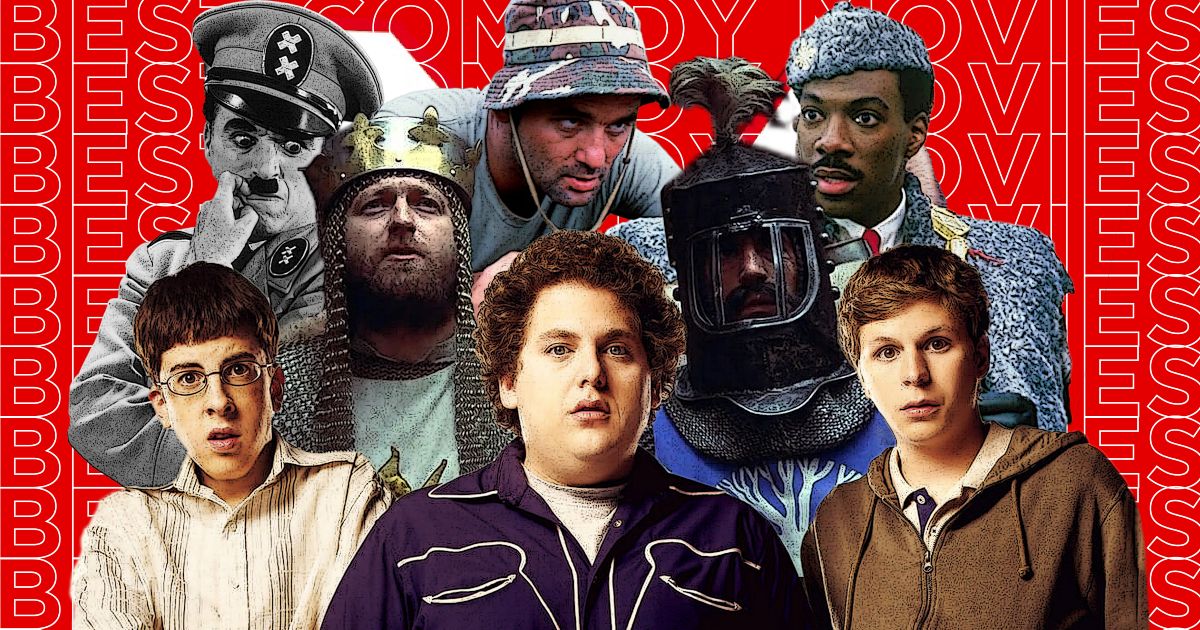
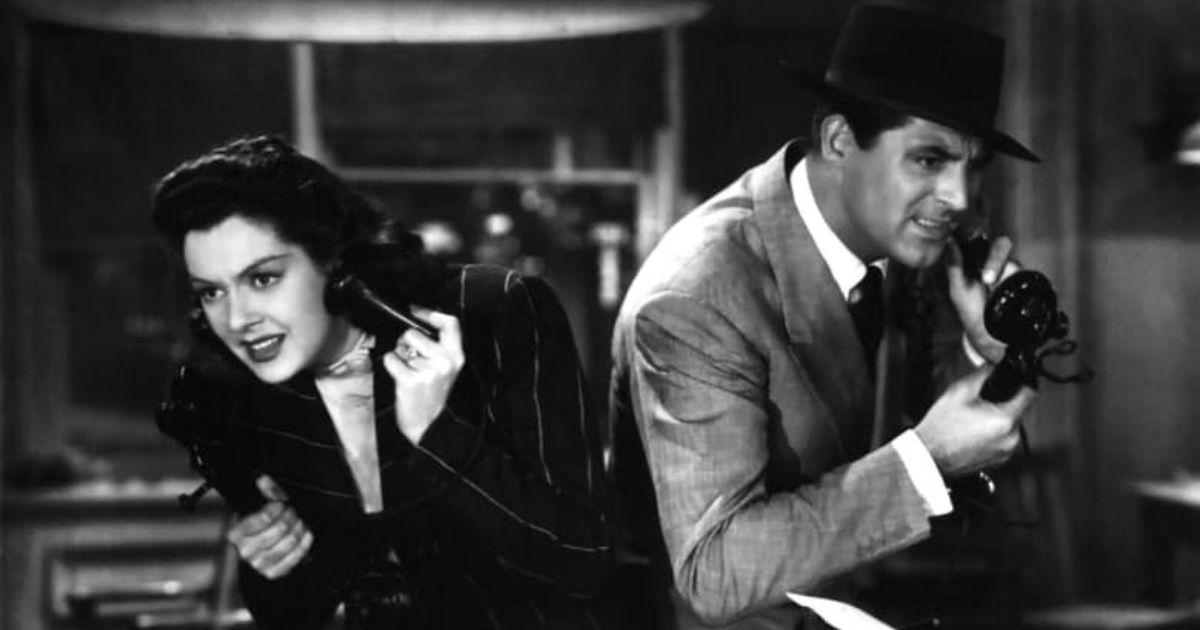
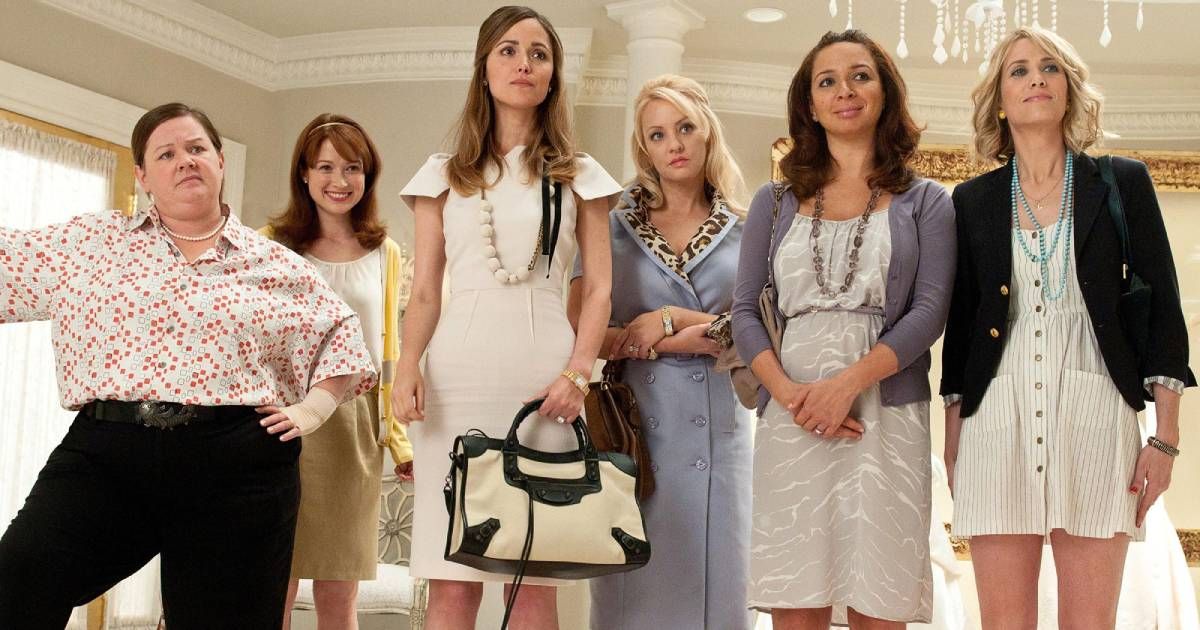
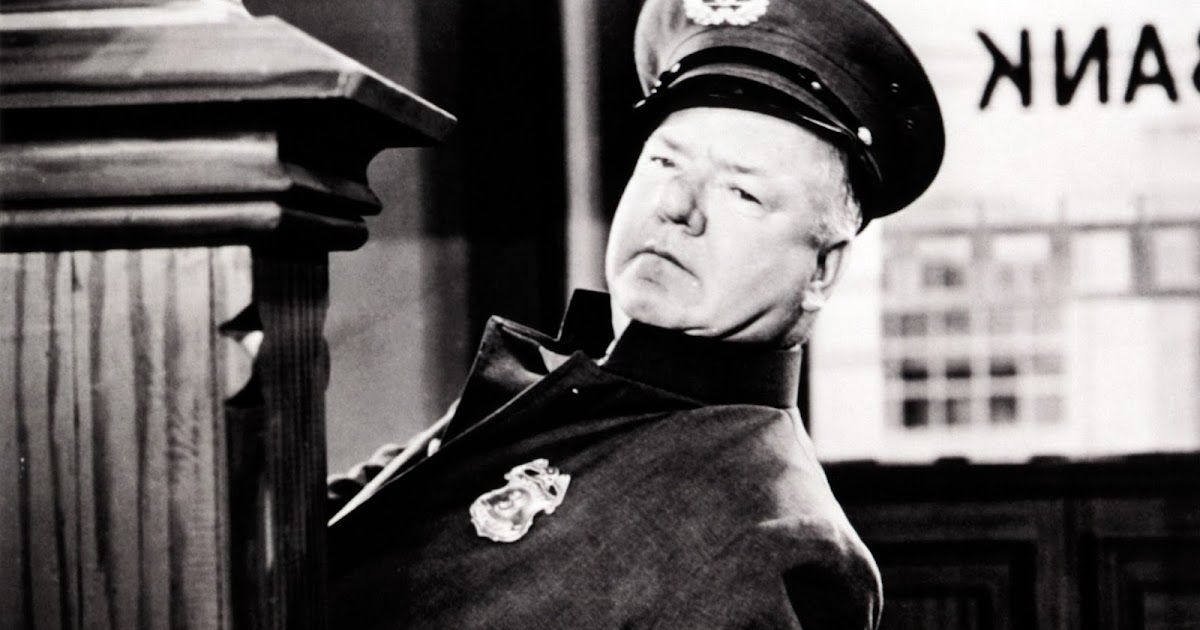

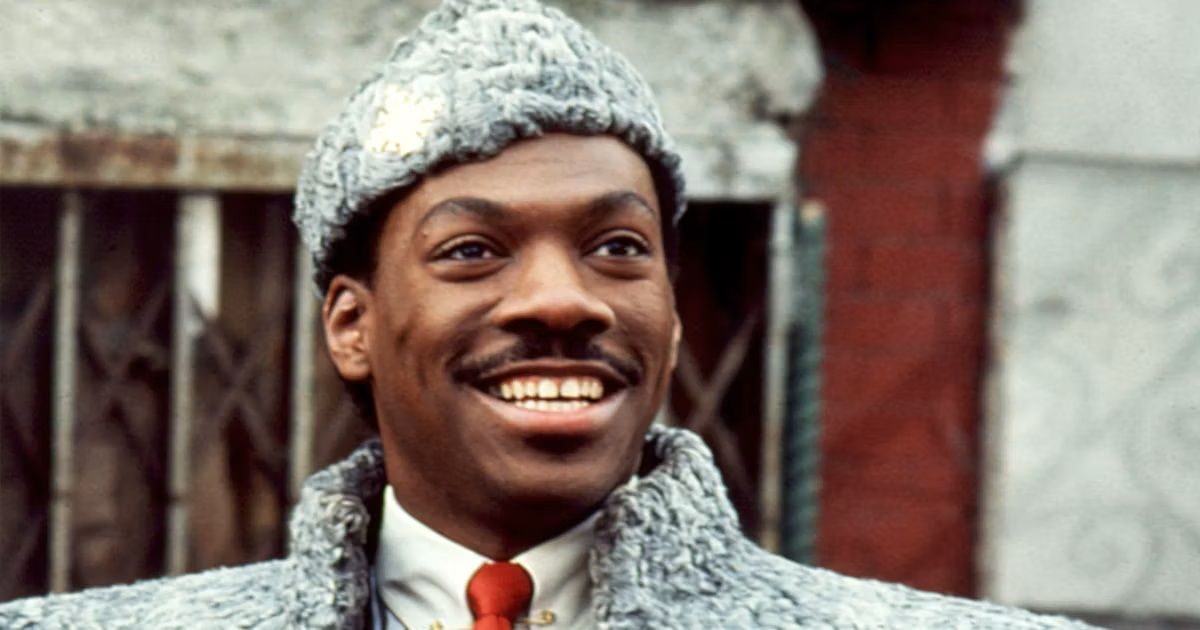
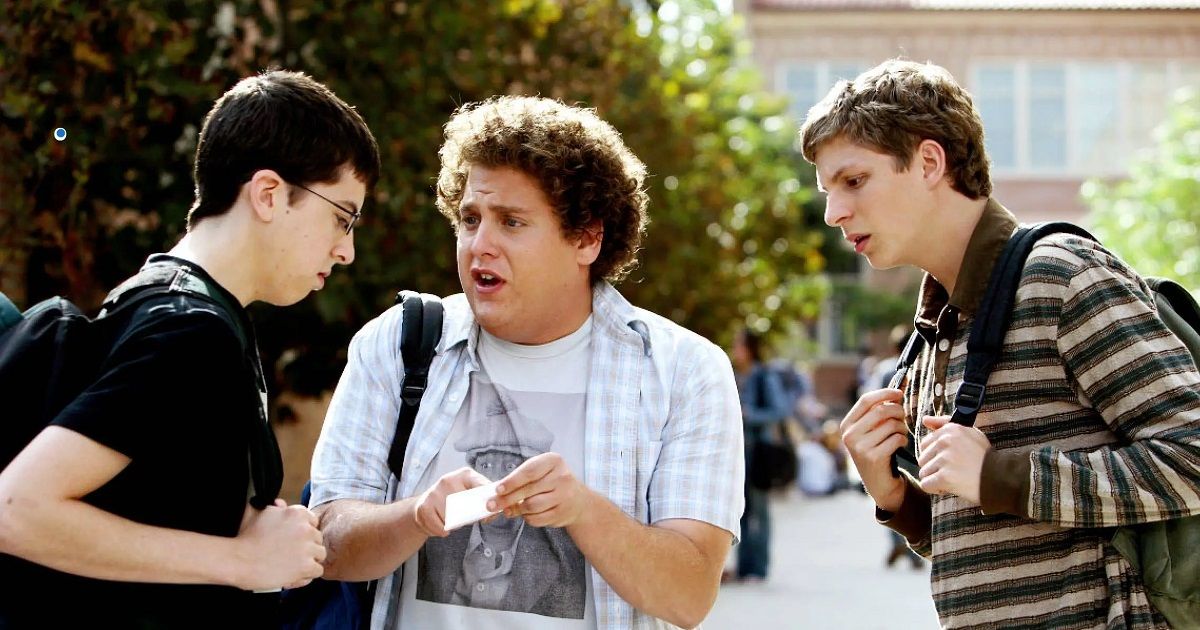
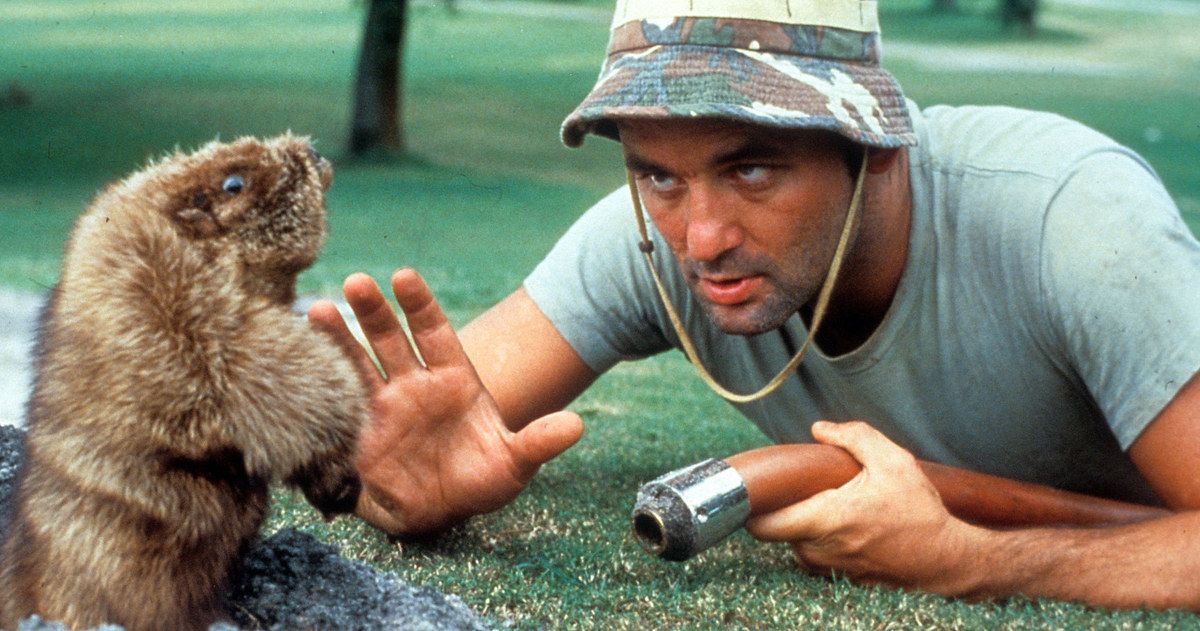
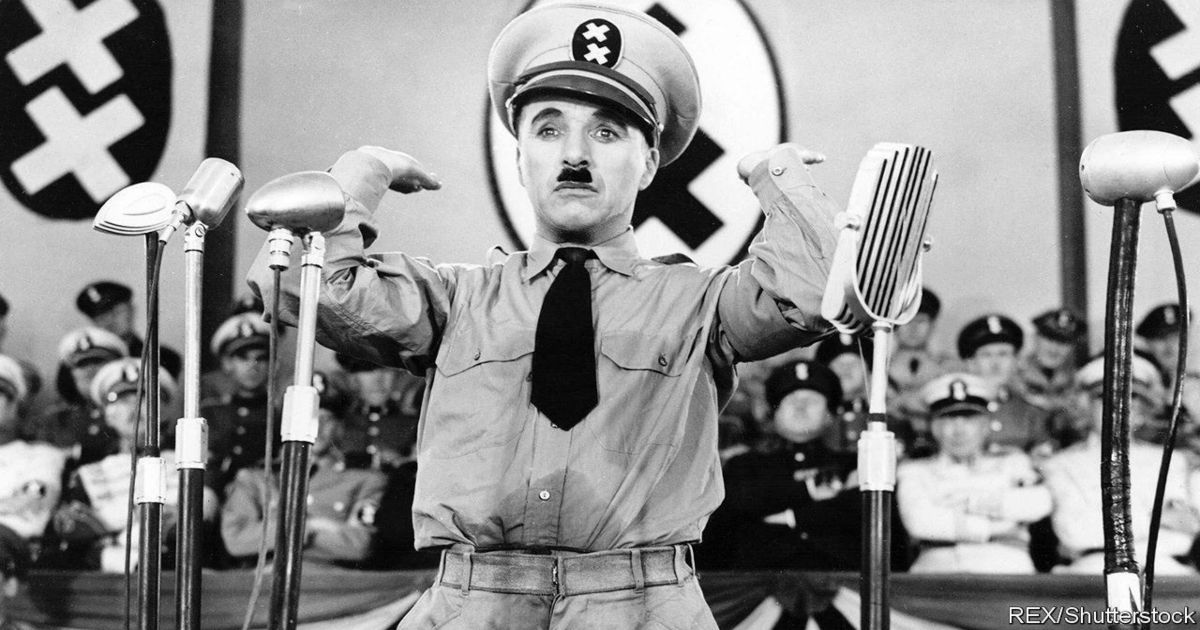
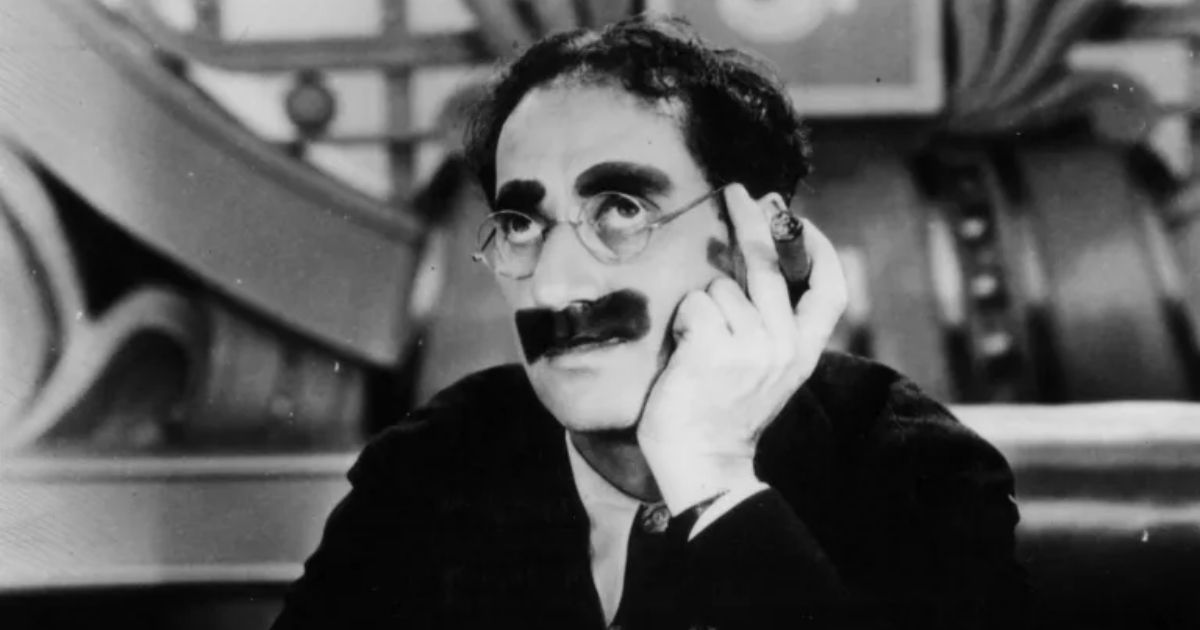
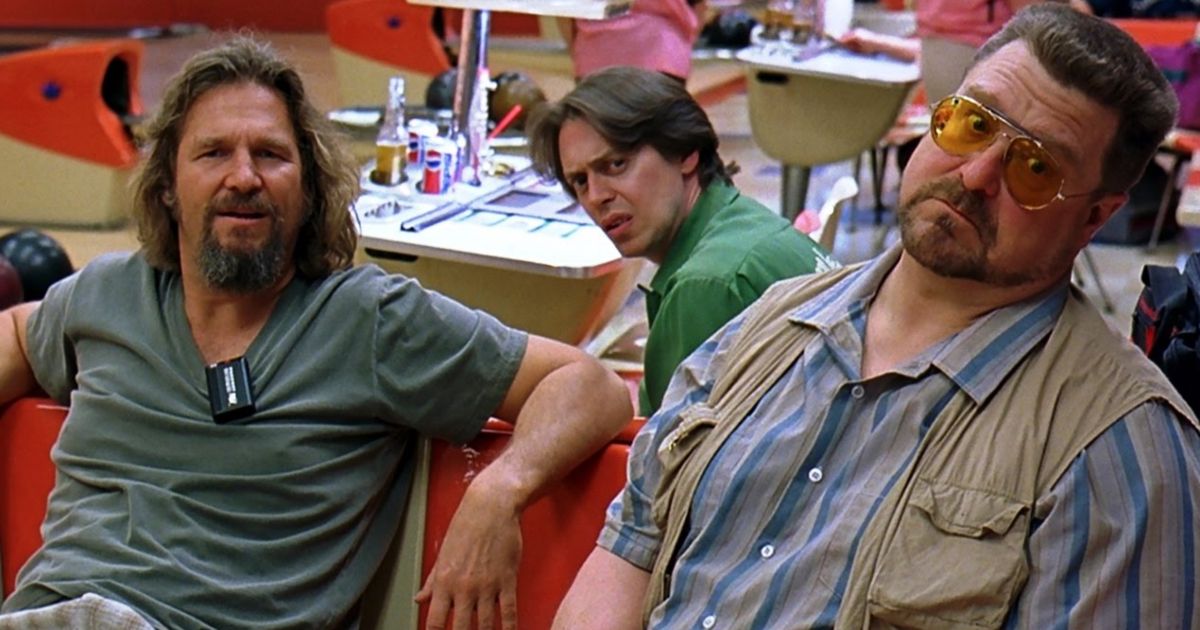
.jpg)
